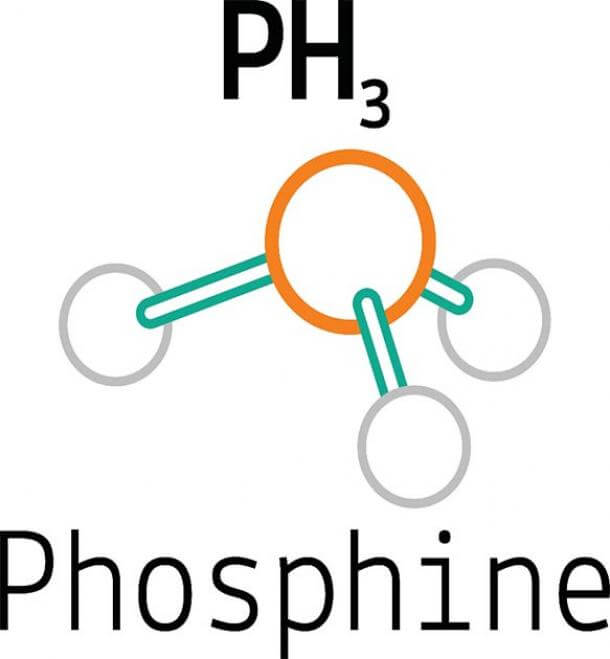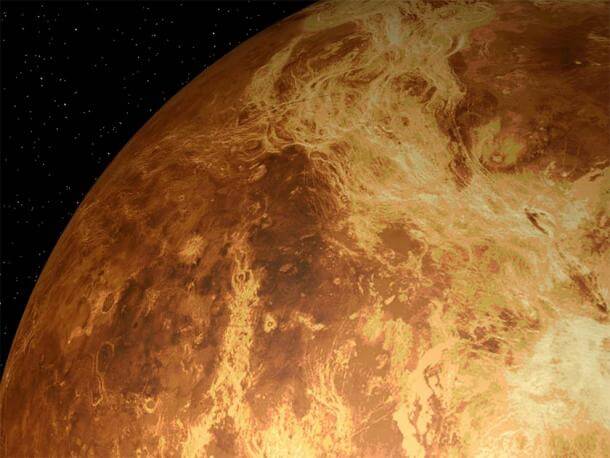
Can exploring the clouds of Venus help find the origin of life?
 21. 09. 2021
21. 09. 2021

It is known that the planet Earth is about 4,5 billion years old and life on our planet began at least 3,5 billion years ago. Although scientists estimate when life first appeared on Earth, it is still debated how life actually began and whether it is not found elsewhere in the universe.
One of the places where scientists are looking for answers is the clouds on the planet Venus. Although the clouds of Venus are very far from our Earth, believe it or not, they can help answer questions about the beginnings of life on Earth. This issue was recently addressed by Professor Jane Greaves of the University of Cardiff in Wales. The study scientifically examined gas clouds in Venus' atmosphere. According to BBC Science, the research explored the possibility of extraterrestrial life, which could have developed beyond our planet.
Is it possible that gaseous phosphine has a non-biological origin?
The gas cloud around the planet Venus consists of phosphine (PH3), a colorless and explosive gas. On Earth, phosphine is naturally produced by the decomposition of organic matter and microbes in the intestines of animals that have lived in oxygen-poor environments such as swamps. According to Professor Jane Greaves, there are phosphine molecules about 50 kilometers above the surface of Venus.
Doesn't that mean that Venus should also have an organic life? If so, how did he get there? Is it a remnant of the Anunnaki or the Pleiadian visitors who inhabited Venus? Maybe yes maybe no. This scientific article also analyzes the possibility that the PH3 molecule may have a "natural, non-biological origin".
Armor
How could there be life on or around Venus? Until now, phosphine around Venus has been considered a living resource. Science has not yet been able to prove the physical origin of phosphine. Dr. William Bains, a biochemist at MIT, said that Venus's phosphine clouds consist of about 75-95% sulfuric acid. And Venus microbes had to be based on a different biochemistry to withstand the effects of a sulfuric acid cloud. It almost looks like microbes have some kind of "armor".
So scientists do not claim that life was found on Venus. The real challenge is to find geological and physicochemical pathways that could lead to phosphine production in the clouds around Venus. During the discussion, Dr. Bains told Sky At Night that water droplets could be hidden inside the sulfuric acid droplets. So what if life began on Earth, not in deep space?
This is not to say that there is no organic life in deep space, but it is likely that we will not currently find it on Venus. If these scientists do find the physical origin of phosphine on Venus, the question arises as to whether life on Earth could have evolved from geology as well.
So the hidden question is
Did life originate on Earth or elsewhere in space? What do you think?
Esene Suenee Universe
Kitty Ferguson: Stephen Hawking, Life and His Work
Meet Stephen Hawking in a slightly different light. This Cambridge genius has become a great source of inspiration for anyone who has witnessed his victory over disability. you can view the book <a href="https://cdn.shopify.com/s/files/1/1932/8043/files/Odstoupeni_od_smlouvy_EN.pdf?v=1595420299" data-gt-href-en="https://en.notsofunnyany.com/">HERE</a>.





 6
6


